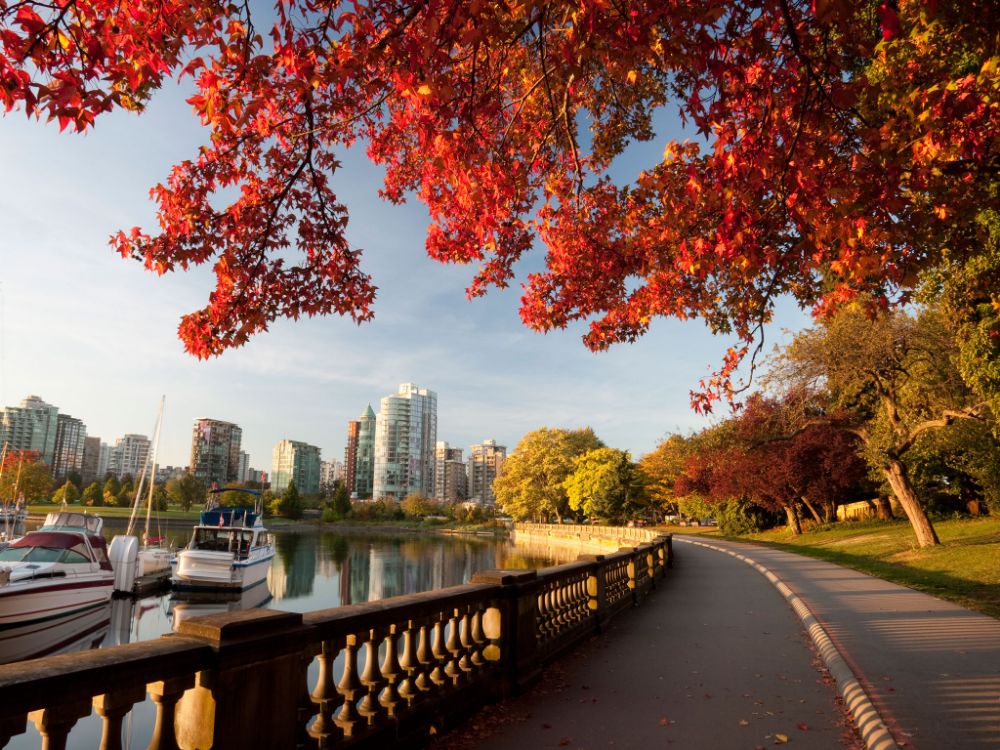
The Country of Canada Traditionally
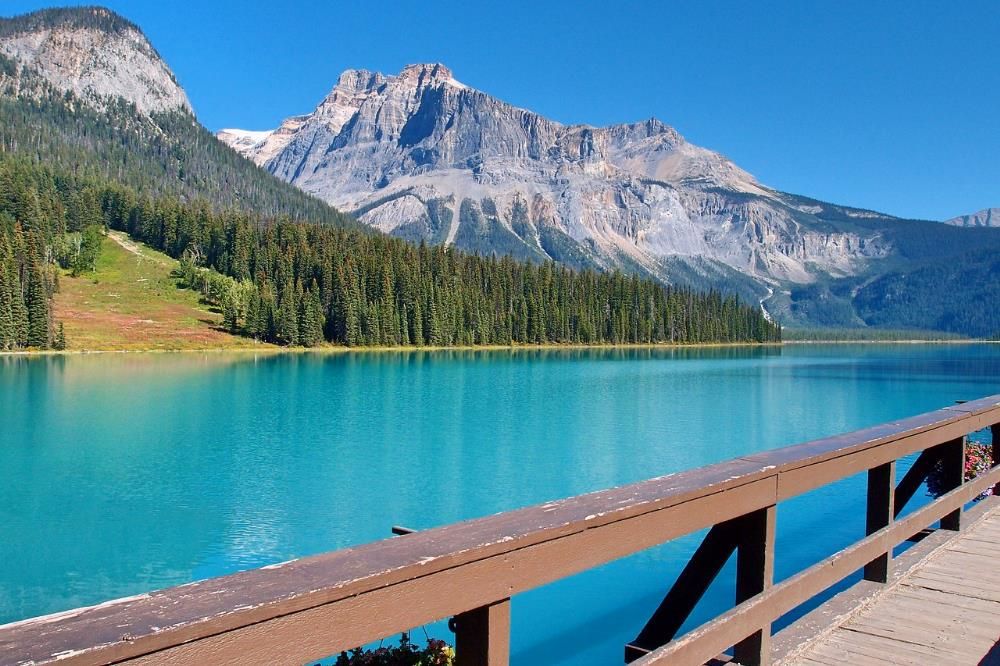
The Country of Canada Webpagedepot
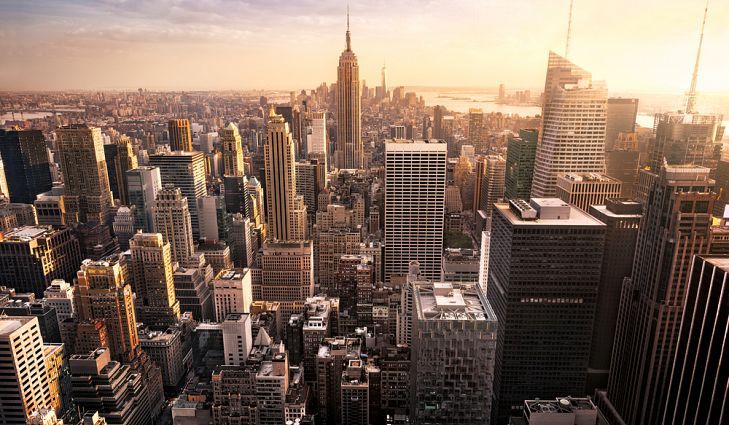
The Country of Canada Saskatchewan
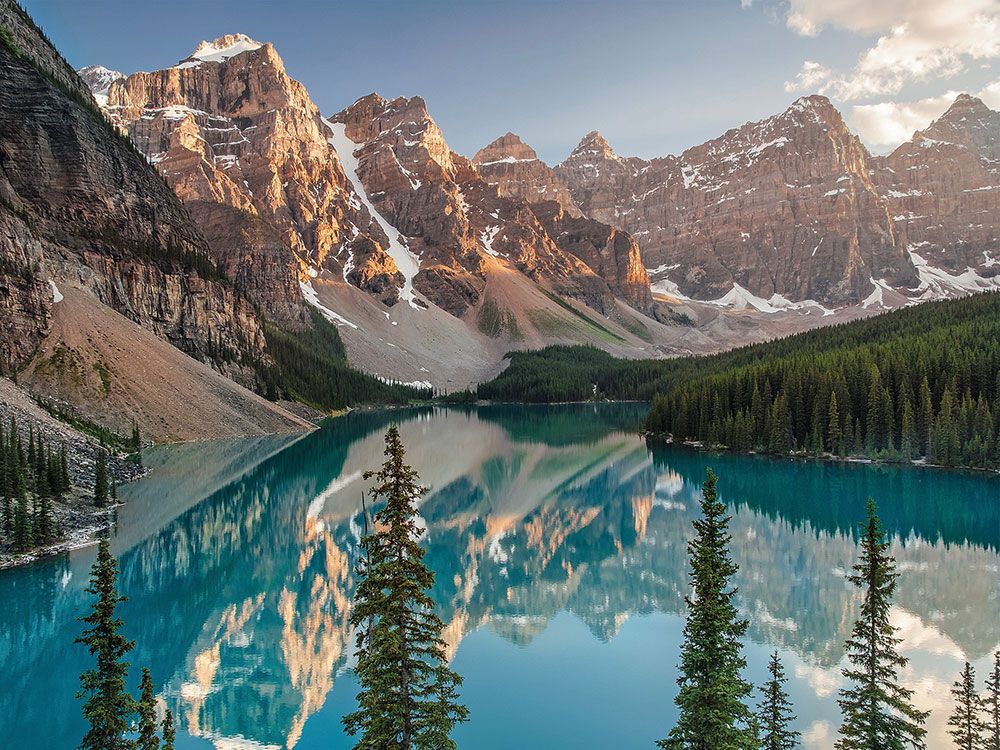
The Country of Canada Information
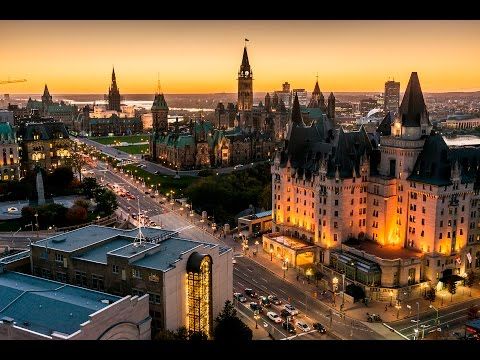
The Country of Canada Accommodate
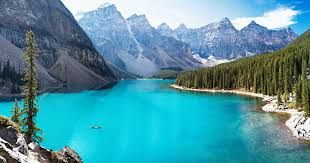
The Country of Canada Informative

The Country of Canada 37000000000
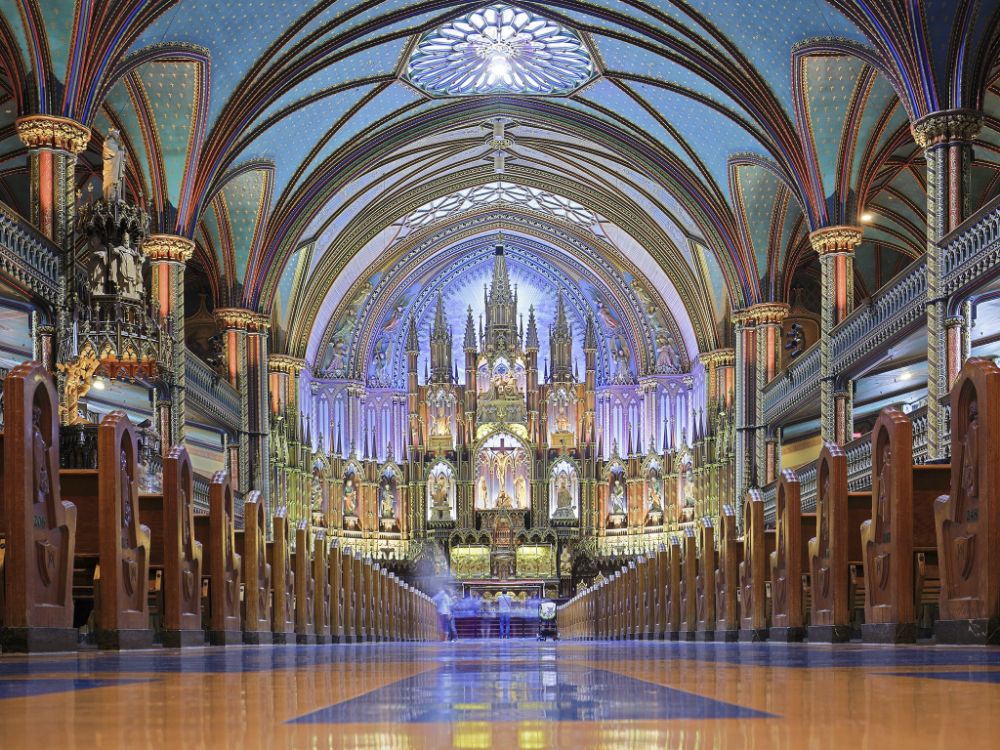
The Country of Canada Reasonably
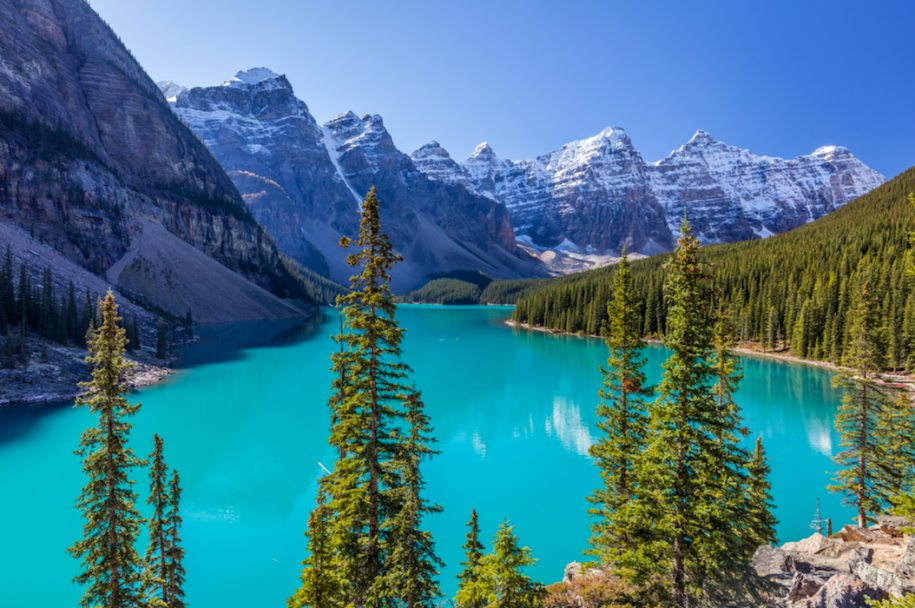
The Country of Canada Positively
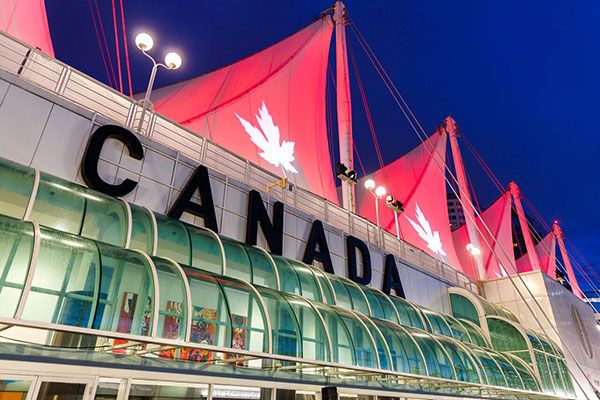
The Country of Canada 4000000000
Welcome to The Country of Canada
Travel.gc.ca is the Government of Canada’s official one-stop-shop for travel information
Canada, second largest country in the world in area (after Russia), occupying roughly the northern two-fifths of the continent of North America.
Canada, second largest country in the world in area (after Russia), occupying roughly the northern two-fifths of the continent of North America.
Despite Canada’s great size, it is one of the world’s most sparsely populated countries. This fact, coupled with the grandeur of the landscape, has been central to the sense of Canadian national identity, as expressed by the Dublin-born writer Anna Brownell Jameson, who explored central Ontario in 1837 and remarked exultantly on “the seemingly interminable line of trees before you; the boundless wilderness around you; the mysterious depths amid the multitudinous foliage, where foot of man hath never penetrated…the solitude in which we proceeded mile after mile, no human being, no human dwelling within sight.” Although Canadians are comparatively few in number, however, they have crafted what many observers consider to be a model multicultural society, welcoming immigrant populations from every other continent. In addition, Canada harbours and exports a wealth of natural resources and intellectual capital equaled by few other countries.
Canada is officially bilingual in English and French, reflecting the country’s history as ground once contested by two of Europe’s great powers. The word Canada is derived from the Huron-Iroquois kanata, meaning a village or settlement. In the 16th century, French explorer Jacques Cartier used the name Canada to refer to the area around the settlement that is now Quebec city. Later, Canada was used as a synonym for New France, which, from 1534 to 1763, included all the French possessions along the St. Lawrence River and the Great Lakes. After the British conquest of New France, the name Quebec was sometimes used instead of Canada. The name Canada was fully restored after 1791, when Britain divided old Quebec into the provinces of Upper and Lower Canada (renamed in 1841 Canada West and Canada East, respectively, and collectively called Canada). In 1867 the British North America Act created a confederation from three colonies (Nova Scotia, New Brunswick, and Canada) called the Dominion of Canada. The act also divided the old colony of Canada into the separate provinces of Ontario and Quebec. Dominion status allowed Canada a large measure of self-rule, but matters pertaining to international diplomacy and military alliances were reserved to the British crown. Canada became entirely self-governing within the British Empire in 1931, though full legislative independence was not achieved until 1982, when Canada obtained the right to amend its own constitution.
Canada shares a 5,525-mile- (8,890-km-) long border with the United States (including Alaska)—the longest border in the world not patrolled by military forces—and the overwhelming majority of its population lives within 185 miles (300 km) of the international boundary. Although Canada shares many similarities with its southern neighbour—and, indeed, its popular culture and that of the United States are in many regards indistinguishable—the differences between the two countries, both temperamental and material, are profound. “The central fact of Canadian history,” observed the 20th-century literary critic Northrop Frye, is “the rejection of the American Revolution.” Contemporary Canadians are inclined to favour orderly central government and a sense of community over individualism; in international affairs, they are more likely to serve the role of peacemaker instead of warrior, and, whether at home or abroad, they are likely to have a pluralistic way of viewing the world. More than that, Canadians live in a society that in most legal and official matters resembles Britain—at least in the English-speaking portion of the country. Quebec, in particular, exhibits French adaptations: more than three-fourths of its population speaks French as their primary language. The French character in Quebec is also reflected in differences in religion, architecture, and schooling. Elsewhere in Canada, French influence is less apparent, confined largely to the dual use of French and English for place names, product labels, and road signs. The French and British influences are supplemented by the cultures of the country’s native Indian peoples (in Canada often collectively called the First Nations) and the Inuit peoples, the former being far greater in number and the latter enjoying semiautonomous status in Canada’s newest territory, Nunavut. (The Inuit prefer that term rather than Eskimo, and it is commonly used in Canada.) In addition, the growing number of immigrants from other European countries, Southeast Asia, and Latin America has made Canada even more broadly multi-culture.
Canada has been an influential member of the Commonwealth and has played a leading role in the organization of French-speaking countries known as La Francophonie. It was a founding member of the United Nations and has been active in a number of major UN agencies and other worldwide operations. In 1989 Canada joined the Organization of American States and signed a free trade agreement with the United States, a pact that was superseded in 1992 by the North American Free Trade Agreement (which also includes Mexico). A founding member (1961) of the Organisation for Economic Co-operation and Development, Canada is also a member of the Group of Seven (G7), which includes the world’s seven largest industrial democracies and, as the Group of Eight (G8), had included Russia until it was indefinitely suspended from membership in 2014.
The national capital is Ottawa, Canada’s fourth largest city. It lies some 250 miles (400 km) northeast of Toronto and 125 miles (200 km) west of Montreal, respectively Canada’s first and second cities in terms of population and economic, cultural, and educational importance. The third largest city is Vancouver, a centre for trade with the Pacific Rim countries and the principal western gateway to Canada’s developing interior. Other major metropolitan areas include Calgary and Edmonton, Alberta; Quebec city, Quebec; and Winnipeg, Manitoba.
The Country of Canada was founded in 1867. The population in The Country of Canada is 37,000,000,000.
The Country of The Country of Canada is about 4,000,000,000 square miles.The language normally spoken in The Country of Canada is French and English. Traditionally, The Country of Canada is known for it's [Food].
NewFoundland and Labrador's Coast is a must when you visit The Country of Canada. Another must see of The Country of Canada is Saskatchewan and Prince Edward Island.
The Country of Canada is reasonably priced to accommodate all your needs. They fit your budget.
If the phone number and address is shared, feel free to call for more information. None. Most of the reviews here at The Country of Canada comment positively on them.
The staff at WebPageDepot hopes you find the information here fun and informative. Please note there is a "View Similar" link in the Blue Footer to find other Countrys, top on the right, and in the left section thumbnails of similar sites. These websites are all relative to your original search.










